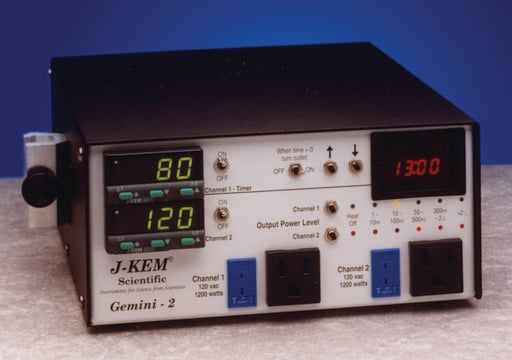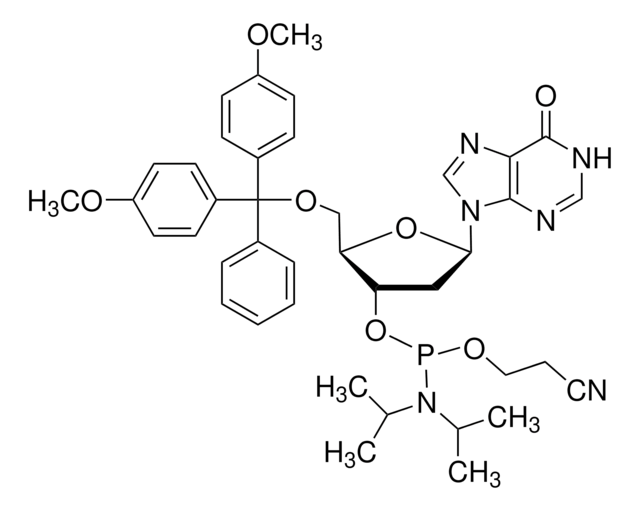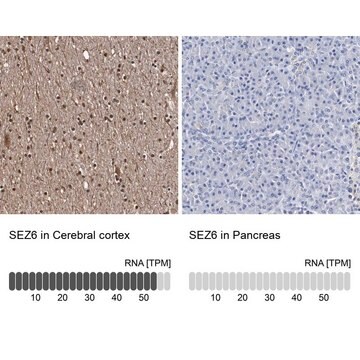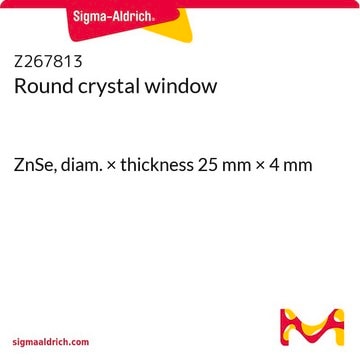03-0207-00
SMC® Human PD-1 High Sensitivity Immunoassay Kit
Synonym(s):
PD-1 Single Molecule Counting kit, PD-1 ultra-sensitive immunoassay, PD-1 immunoassay kit, Programmed cell death protein 1 kit, PD-1 kit
About This Item
Recommended Products
species reactivity
human
Quality Level
parameter
50 μL sample volume (diluted 2-fold in standard diluent)
assay range
intra-assay cv: ≤5%
(n=15)
linearity: 80-117%
(Plasma)
linearity: 91-135%
(Serum)
recovery range: 53-100%
(Plasma)
recovery range: 80-109%
(Serum)
sensitivity: 1.74 pg/mL
standard curve range: 0.87-3,000 pg/mL
inter-assay cv: ≤14%
(n=15)
technique(s)
single molecule counting: suitable
input
sample type plasma (K2 EDTA)
sample type serum
shipped in
wet ice
storage temp.
2-8°C
General description
Research Category: Cancer
Research Sub-Category: Immuno-Oncology
Specificity
Application
Features and Benefits
- Accurate and reproducible performance on the state-of-the-art SMCxPRO® ultrasensitive immunoassay system.
- Compatiblity with automated liquid handling
Legal Information
Disclaimer
Signal Word
Danger
Hazard Statements
Precautionary Statements
Hazard Classifications
Acute Tox. 4 Dermal - Acute Tox. 4 Inhalation - Acute Tox. 4 Oral - Aquatic Chronic 3 - Eye Irrit. 2 - Repr. 1B - STOT RE 2 Inhalation
Target Organs
Respiratory Tract
Storage Class Code
6.1C - Combustible acute toxic Cat.3 / toxic compounds or compounds which causing chronic effects
Regulatory Listings
Regulatory Listings are mainly provided for chemical products. Only limited information can be provided here for non-chemical products. No entry means none of the components are listed. It is the user’s obligation to ensure the safe and legal use of the product.
JAN Code
03-0207-00:
Certificates of Analysis (COA)
Search for Certificates of Analysis (COA) by entering the products Lot/Batch Number. Lot and Batch Numbers can be found on a product’s label following the words ‘Lot’ or ‘Batch’.
Already Own This Product?
Find documentation for the products that you have recently purchased in the Document Library.
Related Content
Guide on selecting immunoassay platforms including multiplex vs. singleplex assays, instruments, software, and services.
Explore ultrasensitive immunoassay technology with SMC® technology, including its biomarker detection platform, advantages of high sensitivity assays, and more.
Discover cancer research resources with modeling and profiling tools for cell culture, genomics, biomarkers, and more to help maximize your cancer research.
Use the power of high sensitivity immunology assays with SMC® technology to precisely characterize low-abundant cytokines like those from Th1/Th2 and Th17 cells.
Our team of scientists has experience in all areas of research including Life Science, Material Science, Chemical Synthesis, Chromatography, Analytical and many others.
Contact Technical Service










